Explore lubricating knee gel injections, Autologous Protein Solution (APS) Injection, and keyhole incision repair in one specialist centre.
Book a consultation with Dr James Wee and learn how tailored care can help you bend, walk, and exercise with renewed comfort, with no surgical incisions required.
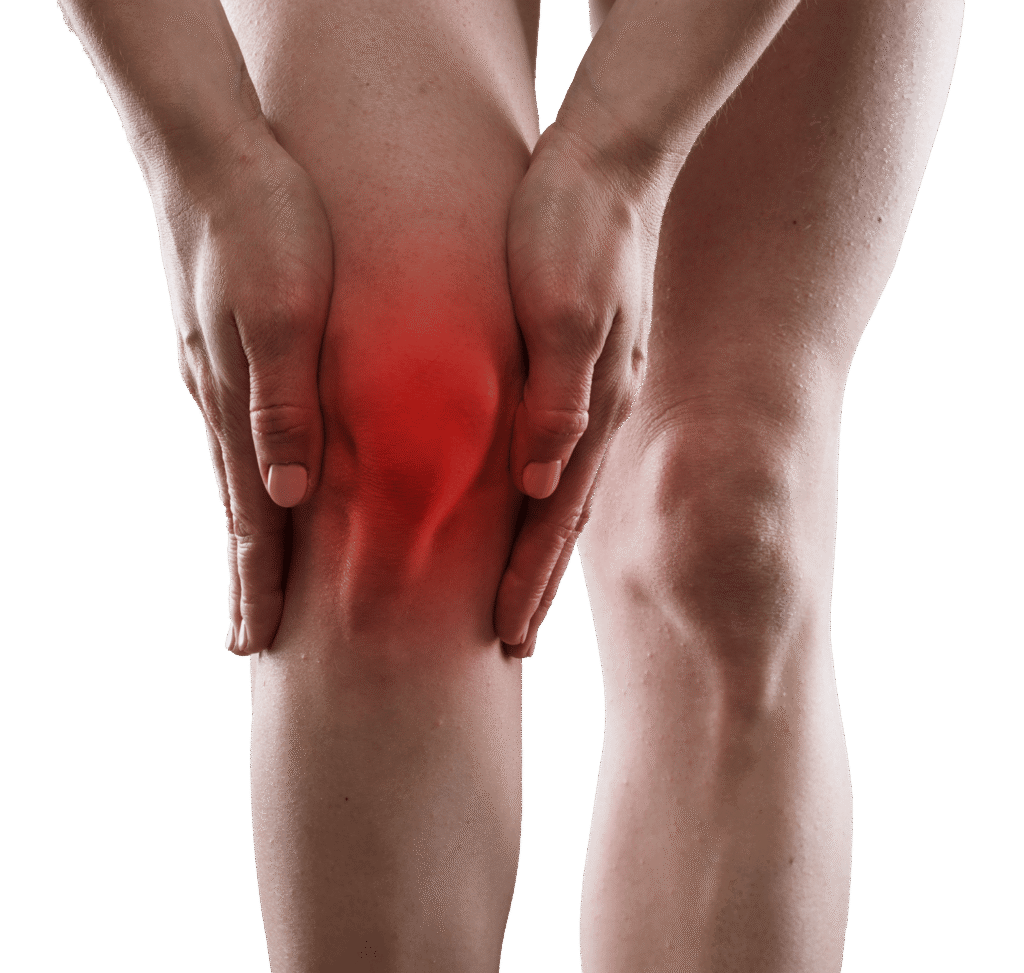
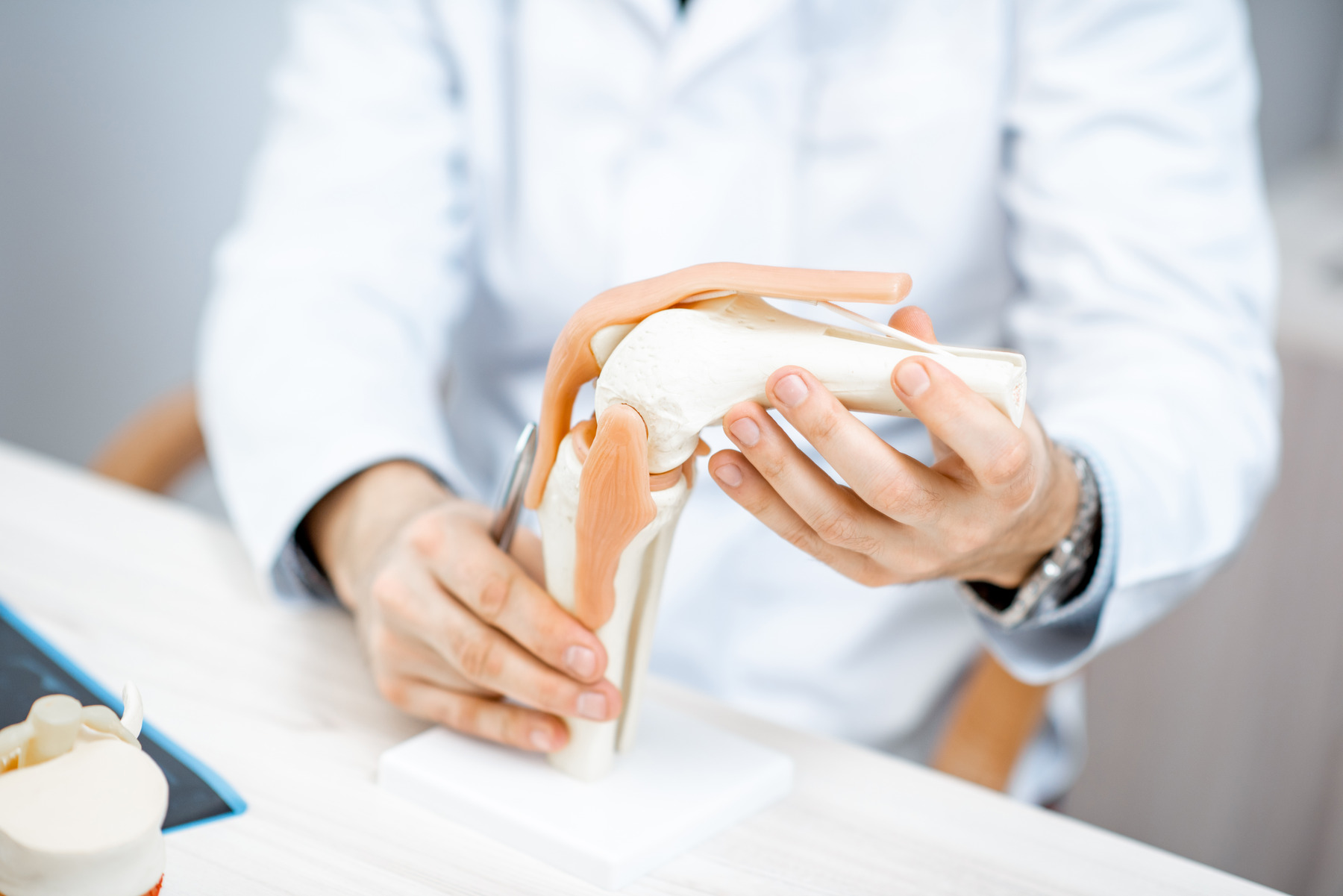
Whether it’s due to cartilage wear, an old injury, or early arthritis, Oxford Orthopaedics offers targeted treatments that help restore comfort and movement.
From image-guided injections that cushion and calm the joint — to keyhole procedures that repair damaged cartilage with precision — you’ll receive expert care tailored to your knee’s exact needs.
Explore Options Like:
Led by medical director Dr James Wee, a fellowship-trained orthopaedic surgeon with 20+ years of experience, we help patients move forward without guesswork, pressure, or delay.
Cartilage damage doesn’t always mean surgery — but it also isn’t something to ignore.
Depending on the severity, Oxford Orthopaedics offers both non-surgical and minimally invasive surgical options, explained below:
Treatment Path | Who It’s For | Typical Benefit |
|---|---|---|
| Injection Therapy | Mild to moderate wear or early arthritis | Reduces inflammation and lubricates the joint |
| Surgical Repair | Localised cartilage defects from injury | Repairs or regrows cartilage to restore function |
| Partial Replacement | Significant or multi-surface degeneration | Replaces only the damaged part of the joint |
| Treatment Path | Who It’s For |
|---|---|
| Injection Therapy | Mild to moderate wear or early arthritis |
| Surgical Repair | Localised cartilage defects from injury |
| Partial Replacement | Significant or multi-surface degeneration |
| Treatment Path | Typical Benefit |
|---|---|
| Injection Therapy | Reduces inflammation and lubricates the joint |
| Surgical Repair | Repairs or regrows cartilage to restore function |
| Partial Replacement | Replaces only the damaged part of the joint |
When cartilage thins or becomes irritated, the knee can grind and swell, turning every step into a struggle. Image-guided injections offer a clinically-informed way to cushion the joint, ease inflammation and encourage natural repair. If your symptoms are caused by mild to moderate cartilage thinning or inflammation, image-guided knee injections may help restore comfort without surgery.
Hyaluronic Acid Injection: Often called a knee gel injection, this injection tops up the joint’s natural lubricant, reducing friction and restoring smoother movement.
It’s ideal for patients with early cartilage wear or dry joints that grind or stiffen during use.
Autologous Protein Solution (APS) Injection: APS therapy uses your own blood, processed to concentrate growth factors and anti-inflammatory proteins, then re-injected into the knee.
This supports tissue healing at the root level — not just symptom relief.
A single fine needle is used, so downtime is short and disruption to your daily schedule is minimal.
When discomfort settles, many people need fewer non-steroidal anti-inflammatory drugs (NSAIDs), lowering the risk of stomach irritation or other side effects.
One injection can provide several months of easier movement. If symptoms return, the treatment can be repeated after assessment.
For early arthritis or mild cartilage wear, targeted injections may delay the need for major surgery, buying time while you stay active.
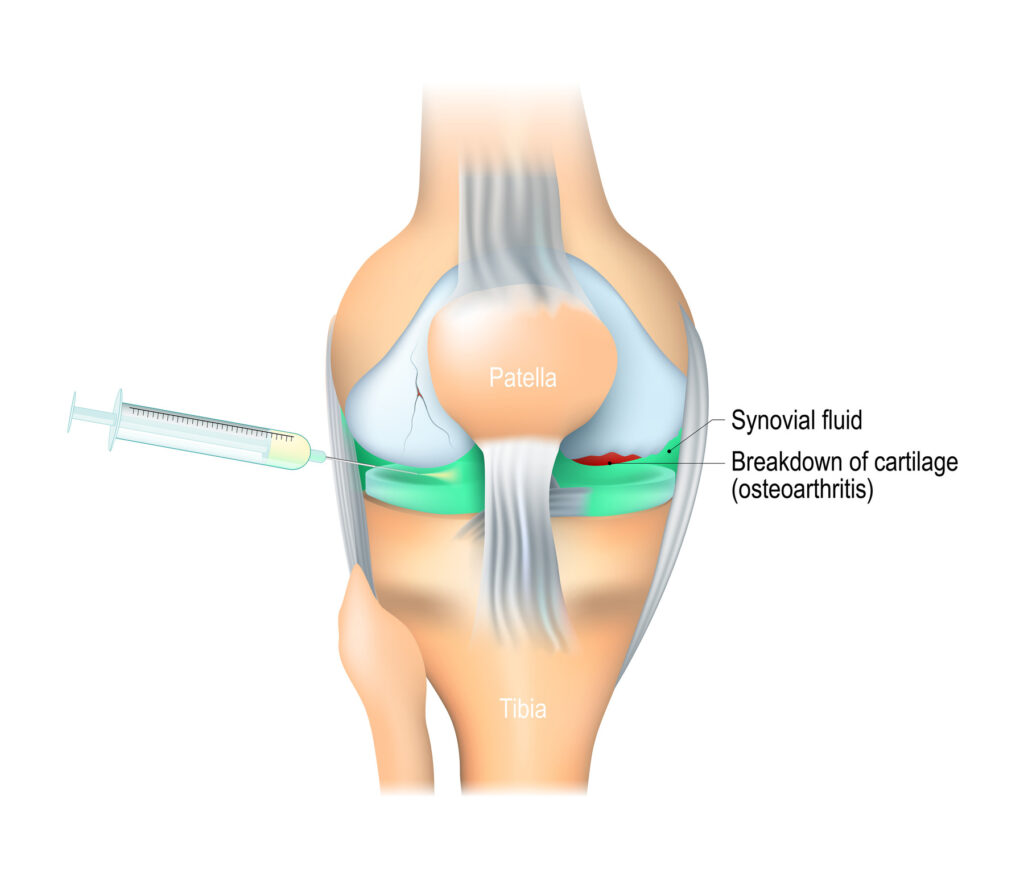
Picture climbing stairs without wincing, strolling through the park without stiffness, or getting through your day without discomfort holding you back. At Oxford Orthopaedics, we help make that possible with non-surgical treatments that restore joint comfort, mobility, and confidence.
Our experienced team, led by Dr James Wee, a fellowship-trained orthopaedic surgeon with over 20 years of clinical practice, specialises in image-guided injection therapy designed to reduce inflammation, cushion worn cartilage, and support tissue healing.
Having trained extensively in partial knee replacement under the original inventors of the Oxford system, Dr Wee brings a surgeon’s precision to every injection, ensuring it’s placed exactly where it can deliver the most relief with the least disruption.
Whether you’re looking to stay active, delay surgery, or simply walk without pain, targeted injection therapy offers a minimally invasive path toward comfort and better movement.
Ideal for addressing minor injuries, arthroscopy is a minimally invasive procedure that uses a small camera and tools inserted through tiny incisions to diagnose and repair knee problems. It is effective for treating torn cartilage, ligament damage, and joint inflammation.
Keyhole knee surgery is ideal for those suffering from knee injuries requiring precision repairs, such as:
Meniscus Repair: For patients with torn meniscus tissue caused by sports injuries or sudden knee twists. It is usually a relatively straightforward surgery that involves the damaged areas of the meniscus being repaired with stitches. After the operation, patients are able to move their knees well, and many return to normal activities and sports.
Cartilage Repair: Injuries to cartilage can be caused by trauma or overuse of the knee, and may cause pain, swelling, and stiffness when you use the joint. Microfracture surgery will be performed through a keyhole incision, creating multiple 1-2mm small drill holes in the bone. This allows stem cells to enter the joint, promoting cartilage regrowth and helping restore pain-free movement over time.
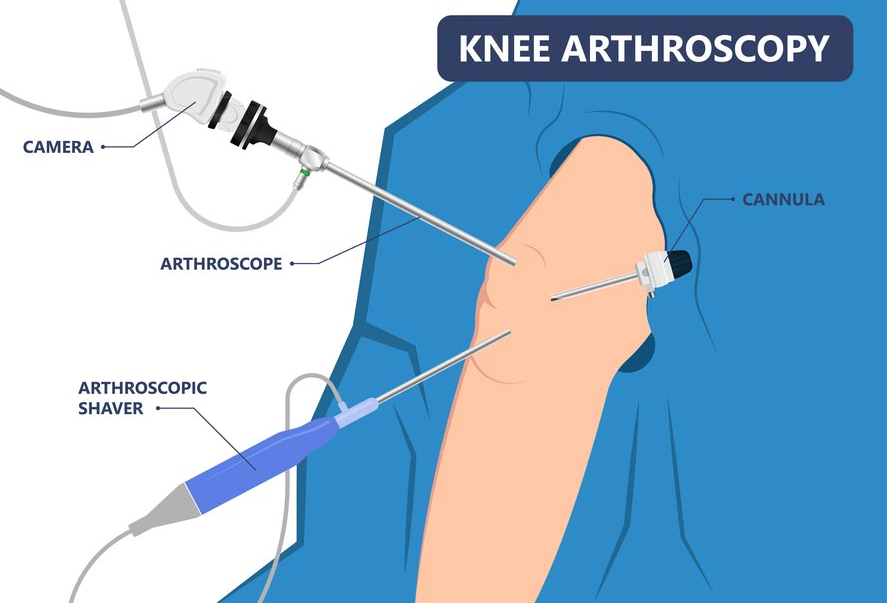
Many patients can walk on the same day and resume light activities within a few weeks.
Tiny incisions cause less tissue disruption, reducing postoperative discomfort.
Smaller incisions minimize the chance of infections and blood clots.
Real-time imaging during arthroscopy for targeted treatment.
Imagine a life free from knee pain. Picture yourself painlessly hiking, playing sports, or simply enjoying a walk in the park. At Oxford Orthopaedics, we make this vision a reality.
Our skilled team, led by Dr James Wee, a fellowship-trained orthopaedic surgeon with over 20 years of clinical experience, is dedicated to providing you with minimally invasive treatment options.
Dr Wee has received extensive training in partial knee replacement from the inventor-surgeons of the Oxford Partial Knee System and witnessed first-hand how minimally invasive partial knee replacement results in less pain after surgery. Patients also benefit from a natural-feeling knee with a wide range of movement after undergoing partial knee replacement.


Dr James Wee is a dual subspeciality Senior Consultant Orthopaedic Surgeon with approaching 20 years of clinical experience. He was awarded a scholarship for clinical fellowships in Hip and Knee Surgery at Oxford University Hospitals and Foot and Ankle Surgery at the Royal National Orthopaedic Hospital in the UK.
Dr Wee obtained his M.B.B.S (Bachelor of Medicine & Bachelor of Surgery) degree from the National University of Singapore in 2005, having been placed on the Dean’s list with the Ivan Polunin Gold Medal. He completed his postgraduate specialist training in orthopaedic surgery and obtained his Fellowship of the Royal College of Surgeons of Edinburgh (F.R.C.S. Edinburgh) 2015.
In addition, he is experienced in the correction of short limbs and severe limb deformities (Limb Lengthening and Reconstruction Surgery).

Call, WhatsApp, or fill the form to secure your knee evaluation with Dr James Wee. We’ll confirm your insurance coverage, explain injection or keyhole solutions, and set you on the path to easier movement.
Holding an Integrated Shield policy with a private-hospital rider or a Corporate Insurance plan? Let us take care of the paperwork while you focus on getting better.
What our billing team will do for you:
Simply bring your identity card, insurance card (or e-card) and referral letter, if you have one, to your first visit. We will obtain the necessary approvals and keep you informed at each step.



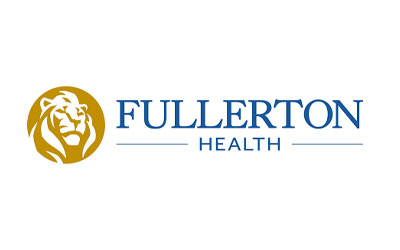


























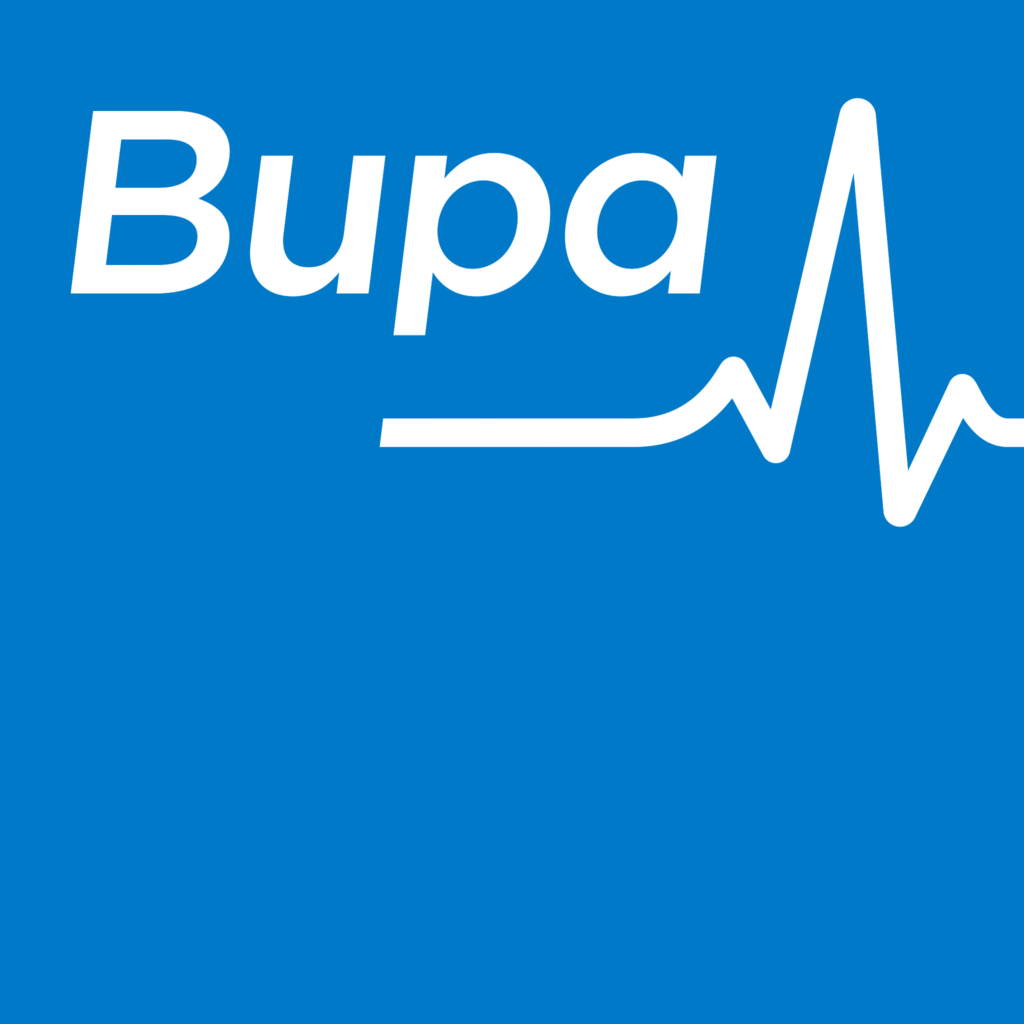
Treatment | Invasiveness | Downtime | Target Benefit | Ideal For |
|---|---|---|---|---|
| Hyaluronic Acid Gel Injection | Non-invasive | 1–2 days | Lubrication & shock absorption | Mild to moderate wear, dry knees |
| Autologous Protein Solution | Non-invasive | 1–2 days | Anti-inflammatory + healing boost | Active inflammation or early arthritis |
| Microfracture Surgery | Minimally invasive | 2–6 weeks | Stimulates cartilage regrowth | Localised cartilage injury |
| Treatment | Invasiveness | Downtime |
|---|---|---|
| Hyaluronic Acid Gel Injection | Non-invasive | 1–2 days |
| Autologous Protein Solution | Non-invasive | 1–2 days |
| Microfracture Surgery | Minimally invasive | 2–6 weeks |
| Treatment | Target Benefit | Ideal For |
|---|---|---|
| Hyaluronic Acid Gel Injection | Lubrication & shock absorption | Mild to moderate wear, dry knees |
| Autologous Protein Solution | Anti-inflammatory + healing boost | Active inflammation or early arthritis |
| Microfracture Surgery | Stimulates cartilage regrowth | Localised cartilage injury |
Cartilage damage often stems from:
At Oxford Orthopaedics, we address these issues with non-invasive injections, arthroscopic repair, or partial knee replacement, depending on severity.
Yes. Young adults often experience cartilage injuries from sports — e.g. twisting, jumping, or collisions. If left untreated, these injuries may worsen and increase arthritis risk later in life.
Arthroscopy (Keyhole Surgery) is commonly recommended for athletes or active individuals with early cartilage damage, as it allows precise repairs with minimal scarring or downtime, helping active individuals return to sport safely.
Cartilage doesn’t have a blood supply, which means:
That’s why treatments like Autologous Plasma Therapy and Microfracture Surgery via Keyhole Technique are designed to stimulate healing by reintroducing growth factors.
At Oxford Orthopaedics, we tailor your treatment based on the extent of cartilage loss, your age, lifestyle goals, and how your knee responds to initial care, helping you regain mobility and delay joint degeneration over the long term.
Yes. Degenerative cartilage loss is common in people over 50 and is a key feature of early osteoarthritis. Symptoms include:
Early intervention (e.g. gel injections or Autologous Plasma Therapy) can help delay surgery and maintain mobility.
To an extent. Mild improvements may come from:
But once degeneration has started, Hyaluronic Acid Injections (also called gel injections) offer more effective relief by directly restoring joint lubrication. Oxford Orthopaedics provides these under image guidance, ensuring precision and effectiveness.
You may be a candidate for cartilage repair surgery if:
Oxford Orthopaedics performs microfracture surgery, a form of cartilage restoration, through arthroscopy, creating tiny holes to stimulate cartilage regrowth. In more advanced cases, partial knee replacement or robotic total knee replacement may be recommended, especially when arthritis affects larger joint surfaces.
Symptoms of cartilage injury include:
A physical examination and imaging (MRI or X-ray) with Dr James Wee at Oxford Orthopaedics can confirm the diagnosis.
Yes, if you’re in the early stages of cartilage damage. Image-guided injections like Hyaluronic Acid (HA) or Autologous Protein Solution (APS) can:
In many cases, yes.
Image-guided injections, Autologous Plasma Therapy, and keyhole cartilage repair can relieve symptoms and preserve joint health — especially when done early.
But when damage is extensive, Oxford Partial Knee Replacement may provide the best outcome, with faster recovery and a more natural feel compared to traditional replacements.
Oxford Orthopaedics offers:
Treatments are customised based on your age, goals, and knee condition, with a focus on keeping you mobile and pain-free.
Delaying care can lead to permanent cartilage loss and total joint replacement.
If you are unsure about your treatment options, book a consultation to get your recovery journey started with us.